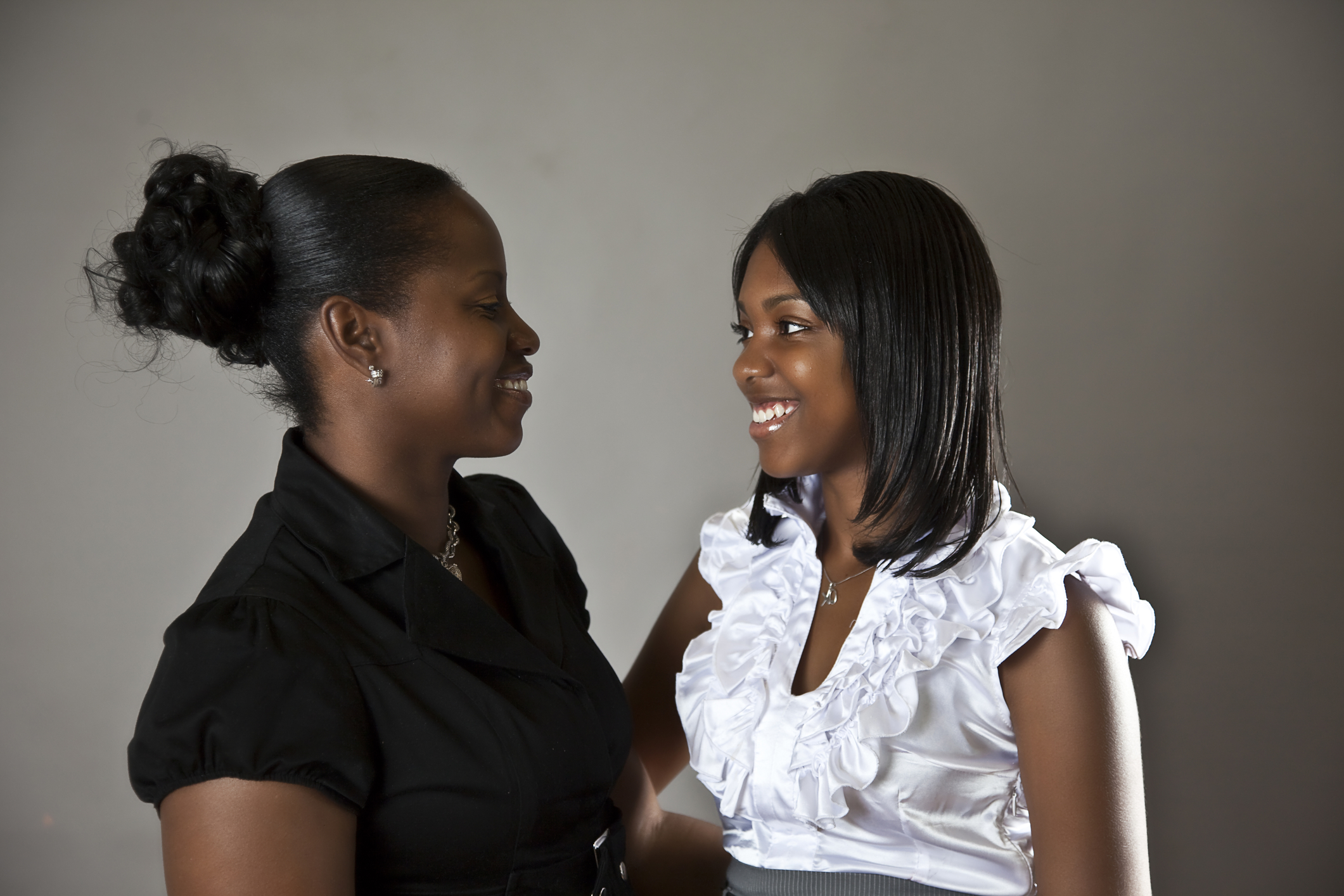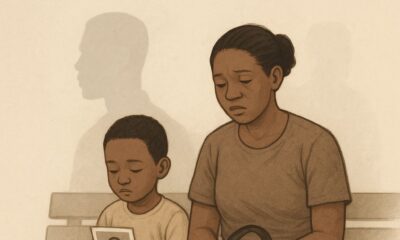Features
Mirabel Ibe: Parenting a Millennial? Read This!
Here are some thoughts about bringing up children from a millennial, that I believe resonates with many other people, based on truths we wish we could tell our parents, which might have better influenced the people we are becoming.
 A topic of discussion that keeps coming up again and again, especially in the controversial world of Twitter – which by the way has to be the most authentic social media platform, with people actually saying what they think – is upbringing and relationships.
A topic of discussion that keeps coming up again and again, especially in the controversial world of Twitter – which by the way has to be the most authentic social media platform, with people actually saying what they think – is upbringing and relationships.
So many discussions these days centre around the younger generation and their relationship with their parents, which ranges from how one was raised to the changing relationship one has with one’s parents as one gets older. There’s also the longing for what one desires the relationship with one’s parents was like. This usually seems to be the case of quite a number of youths, especially those with parents with ties to African countries or of African descent, which plays into the funny stereotype of there most likely being a manual that dictates the actions and reactions of African parents.
Having had interactions with people, mostly friends from different countries, I can’t help but believe that maybe there was/is some truth to this stereotype. Don’t get me wrong, this isn’t stemming from regret or me discounting how I was raised. I am grateful for the way I was raised by my parents, who are hardworking and wonderful, as I assume are most people. The tough love and many lessons learned growing up moulded most of us into who we are today. However, there is and will always be room for things to be done better.
Based on this belief, here are some thoughts about bringing up children from a millennial, that I believe resonates with many other people, based on truths we wish we could tell our parents, which might have better influenced the people we are becoming. They are summarised as two major pointers:
Open communication
The one roadblock between parents and children is lack of honest communication, thereby resulting in comments like ‘My parents don’t know all of who I am’ or ‘They don’t know half of what I do.’ Honestly, I have found myself also using this phrase, stemming from the belief that expressing my honest thoughts and experiences to my parents could either cause me to be in trouble, or will have them dismissed. There is little consideration of the fact that life is not just one thing, but is made up of various experiences.
Growing older brings with it a desire for open and honest communication and relationship between both parents and children, and we forget that this does not appear in one moment, but is built over time and must be nurtured.
Here’s an appeal to please tell us your children and be honest about love, sex, relationships, finances, relationships, etc. Don’t let us go looking for answers from the wrong sources, or go through experiences feeling alone, wishing we could talk to you but can’t, due to us thinking you’re overreacting or judgemental. Don’t tell us to ‘protect our dignity’ or stay away from the opposite sex, making us believe natural human thoughts and desires can make us end up in hell. Instead, teach us the importance and reason for sex and relationships when we are mature enough to handle them.
It’s okay and understandable that you want to protect us from certain situations you do not think we are equipped to handle, but please be honest and say things exactly as they are, as these results in us making fewer mistakes and having better relationships, relationships where we are not only your children, but your friend, too.
Too little or too much freedom?
This is one point that will probably be met with a lot of controversy, as even discussions with friends in our living room usually consist of differing views. I have witnessed the results of both extremities, and will mention that there are pros and cons to each side. However, balance really is key where freedom is concerned.
Too little freedom leads to a desire to let go, to do everything one has always wished to do, as too much restriction can feel choking and controlling. Too much freedom, on the other hand, can result in the parents losing grip on their children, and the opportunity to imbibe certain values in their children is missed, as they are left to their own devices, and will many times get into unavoidable situations.
You must be thinking: ‘What then does balance look like?’ It is a question my 20-year-old brain contemplates, as I search for the right words to explain.
I believe that balancing the freedom given to children could seem like letting one’s children experience life, be their own person, make friends and see the world responsibly. Let us loop you in on where we will be, with whom and the duration of time. Let us have curfews and let us find our own way, knowing we can run back to you, knowing you will always value our safety first. All of these go back to honesty and openness, to the point that we can let you in on whom we were hanging out with, regardless of your feelings about the person. Don’t protect us to the point that we will be exposed to too much danger, or leave us to the point we are no longer safe.
Like mentioned earlier, there might be a bit of controversy about this piece, but these are opinions, meaning it is subject to be agreed or disagreed with.
Regardless, I really hope someone reads it and decides to pursue a more honest parent-child relationship, thereby leading to more well-rounded individuals in the society, and more open communication with future generations.




















